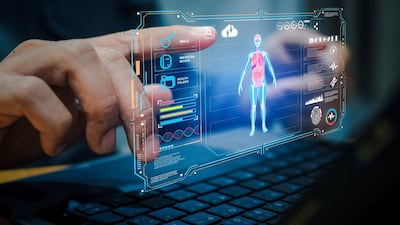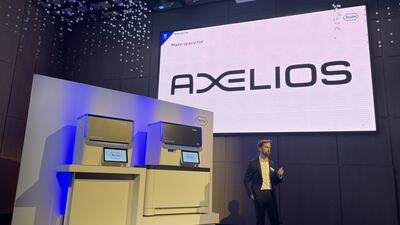WELT Corp. aims to develop an AI-powered app to predict migraine attacks, leveraging assets plucked from the rubble of Pear Therapeutics, which filed for Chapter 11 bankruptcy in April.
WELT USA was one of four companies – along with Harvest Bio, Click Therapeutics, Inc., and Nox Health – that partook in a 22 May Delaware bankruptcy court...
Read the full article – start your free trial today!
Join thousands of industry professionals who rely on Medtech Insight for daily insights
- Start your 7-day free trial
- Explore trusted news, analysis, and insights
- Access comprehensive global coverage
- Enjoy instant access – no credit card required
Already a subscriber?








